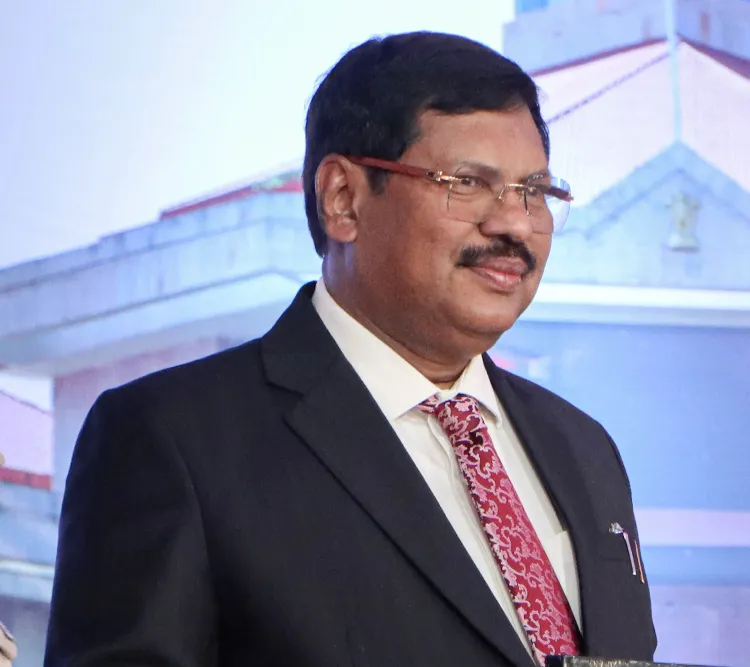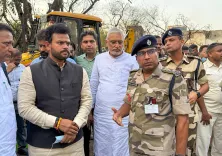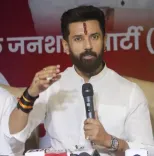Should Judicial Activism Evolve into Judicial Terrorism? CJI Gavai

Synopsis
In a compelling address, Chief Justice B.R. Gavai highlights the importance of judicial activism while cautioning against its potential misuse. He underscores the judiciary's role in protecting citizens' rights and the transformative power of the Constitution. His remarks resonate deeply, urging a balance between judicial authority and legislative responsibility.
Key Takeaways
- Judicial activism is critical but must be exercised with caution.
- The judiciary should not overstep into areas traditionally reserved for other branches of government.
- Judicial review should be limited to exceptional cases.
- The Constitution serves as a powerful tool for social change and equality.
- CJI Gavai's journey reflects the transformative power of the Constitution.
New Delhi, June 11 (NationPress) Chief Justice of India B.R. Gavai argued that while judicial activism is essential in India, it is crucial for the courts to be cautious and avoid encroaching upon areas where the judiciary should not intervene.
He stated, "Judicial activism is here to stay. However, it must not devolve into judicial terrorism. There are times when we may try to exceed our boundaries and enter domains that are traditionally off-limits for the judiciary," he remarked during a query posed at the Oxford Union.
CJI Gavai emphasized that the judiciary will act if the legislature or the executive neglect their responsibilities to protect the fundamental rights of citizens, but cautioned that the power of judicial review should be exercised judiciously.
He explained, "The power of judicial review must be applied in a very restricted manner, only in exceptional cases, such as when a statute violates the core principles of the Constitution, conflicts directly with fundamental rights, or is evidently arbitrary or discriminatory... the courts can and have exercised this power when necessary," he added.
Reflecting on his personal journey, CJI Gavai noted that the Constitution of India has enabled an individual from the SC community, historically labeled as 'untouchables,' to address the Oxford Union as the highest judicial authority in the nation.
He referred to the Constitution as a "quiet revolution etched in ink," which has the potential to uplift those who have been historically marginalized.
"The Constitution of India embodies the aspirations of those who were once silenced and envisions a nation where equality is not merely a promise but a pursuit. It mandates the State not only to safeguard rights but also to actively promote and restore them," he stated.
The title of CJI Gavai’s address at the Oxford Union was 'From Representation to Realisation: Embodying the Constitution's Promise'.





